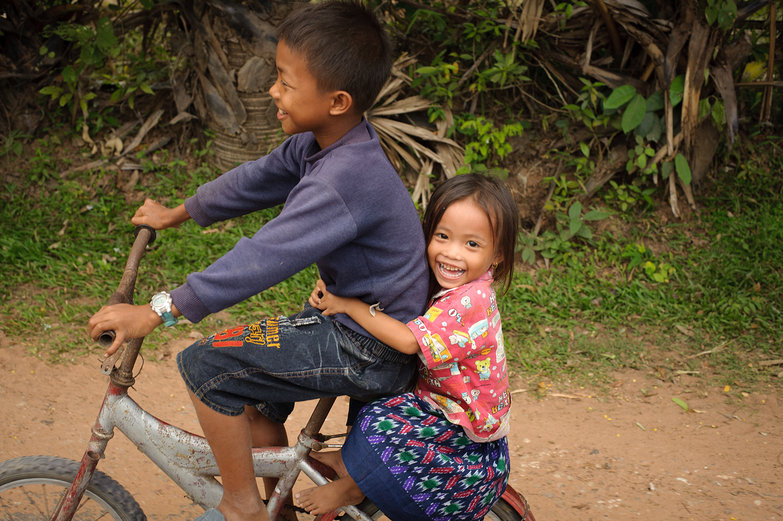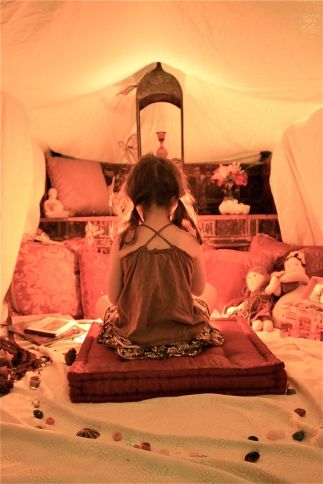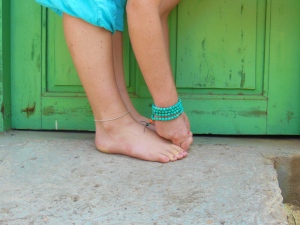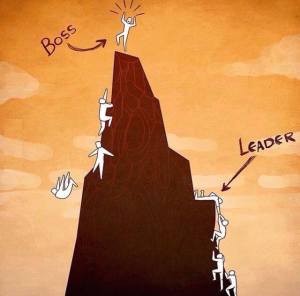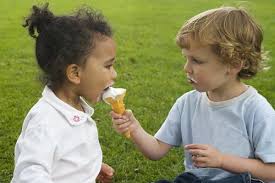Yesterday, I caught myself saying something I never thought I would say. As soon as the words came out of my mouth, I froze.
I would like to be able to tell you that I always say the right thing, and that I follow textbook proceure when it comes to child development. I would also like to tell you that I get 8 hours of sleep each night, meditate daily, never miss a gym session, and don’t eat sugar. But, what would that achieve? I am human. Sometimes I compensate for lack of sleep with an extra cup of coffee, and sometimes when I’m stressed I lose my shit.
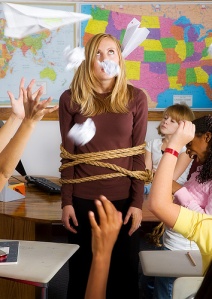
Yesterday, in a moment of chaos, with Legos flying past me like meteorites and children’s voices raising way past the comfortable “level 1” (formerly known as the “indoor voice”), I felt my blood pressure rising and my mind racing. I had just come back from a meeting with my supervisor and I had a mile- long list of things to do. Behind me, I heard a shriek followed by hysterical crying from one of the younger girls in the class. She had been struck by a Lego meteorite. I knelt down to her level, held her and said:
“Calm down! You’re fine! Stop crying!”
What was I doing? This isn’t me, but some panicky version of me who was preoccupied with notes and paperwork. I was certainly not practicing what I preach. I can say, without a shadow of a doubt, that if someone said to me: “Calm down! You’re fine! Stop crying!” in the middle of a breakdown or emotional moment, I would certainly NOT feel comforted, understood, or loved. Frankly, I’d be pretty pissed off and most likely become even more emotional!
Last night at my weekly yoga class, the instructor introduced the month’s theme: wildness. She read the following:
”When asked to describe “wildness”, most people would use negative terms like: “out of control”, “unrefined”, “unruly”, or “seld-centered.” Wild things are untamed and deemed not useful to most human beings. A wild horse is not useful until tamed, saddled, and bridled (or turned into horse burgers). A field of wildflowers is not useful until it is fenced, titled, fertilized, mono-cropped, sprayed, harvested, and hoarded. Wild equals “not valuable”, while tame equals “valuable.” Human beings are destroying the seed of wildness in themselves that gives life it’s rasa- it’s special taste.”
Immediately, I thought back to the wildness of the classroom that day and the wild crying that was the result. Teaching is a constant balancing act between order and chaos. Order breeds certain wonderful qualities in children such as learning to listen to one another, following instructions, and safety to name a few. However, we must not let the importance of order stifle the individual wildness that is within us because many beautiful things are born of it: Creativity, individual opinions, and emotional intelligence just to name a few.
Sometimes, focusing on the rules and list of “to-dos” distracts us from the real reason we show up each morning- the kids.
As I worked up a sweat in yoga last night, my focus was on my individual wild fire within. This morning, as I drink my coffee at my desk and wait for the kids to arrive, my focus is on their wildness. No one is perfect, and why should we be? Perfection is boring, and no one ever remembers the people who follow the rules; we remember those who create them.

To be quiet, calm, and unemotional is to be inhuman.
For all of the parents and educators out there, you have my wholehearted respect and admiration. A great deal is asked of us on a daily basis that can draw our attention away from those tiny little beings who look to us for guidance and support. So, let your own wildness shine through and give them permission to do the same. In those overwhelming moments that are inevitable, take a deep breath and bring yourself into the present moment. Your little ones will thank you, and you’ll be giving yourself a gift as well.

